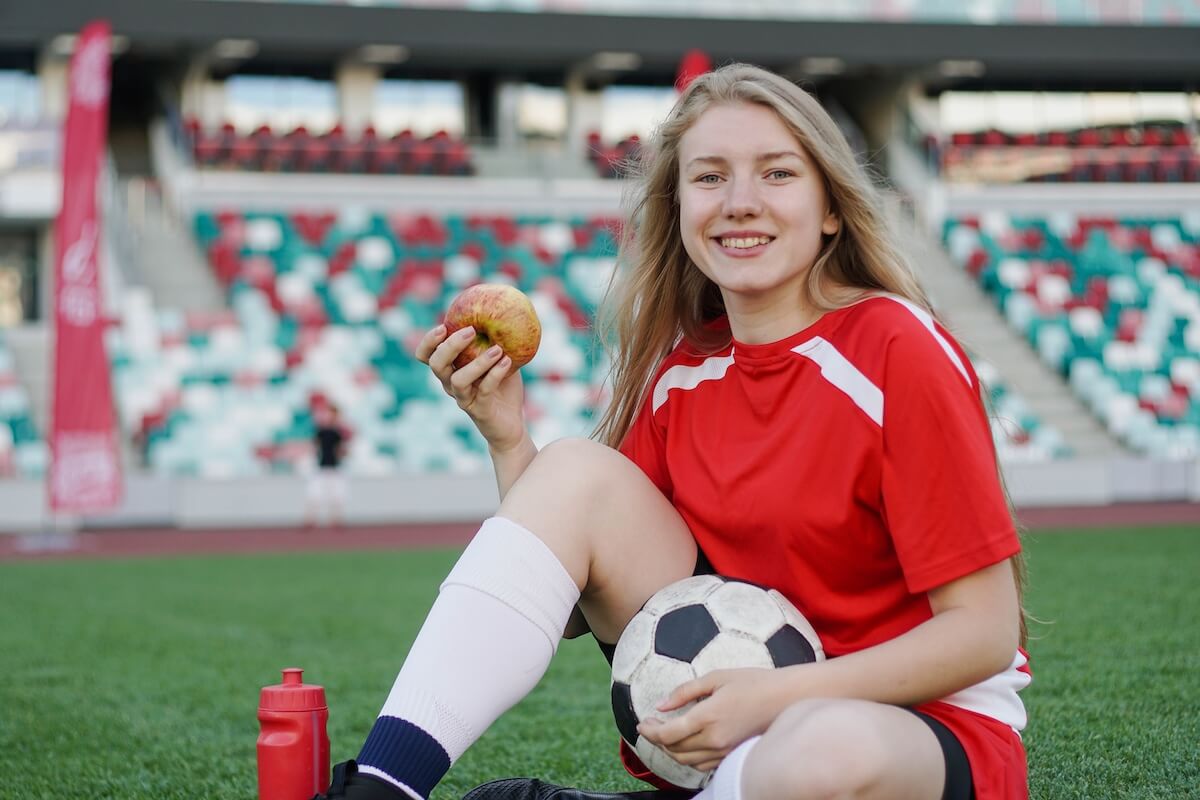What is Positive Nutrition?
By Laura Cipullo, RD, CDE, CEDRD
Positive Nutrition Defined
Positive Nutrition is about promoting health by redefining, or shall I dare say resuming, it’s original definition – “habitual nourishment,” becoming mindful and practicing self-care. It is nourishing, by including all foods and using tools to effectively cope with feelings, sensations and behaviors. It is the job of the registered dietitian (RD) to empower individuals to identify why they are eating, what they want to eat and how to eat all foods consistent with honoring the body, mind and spirit. The end goal is both being sated and satisfied physically and mentally by both food and fitness.
Biological Challenges
All foods fit and there is a path to a positive relationship with the experience of eating and a neutral relationship with the food itself. The path of positive nutrition recognizes there are genetic and biological maladaptations that may interfere with eating that honors the mind, body and spirit. The human’s biological evolution has not caught up with urbanization of food and daily living. Positive nutrition recognizes the need to learn how to eat all foods because of these biological discrepancies, especially with your endocrine system and even your gastrointestinal tract. Meal structures, mindful eating tools and intuitive eating principles are bridged to allow sensations of hunger and fullness to return if possible and allow individual choice of foods.
Choice not Control
There is not perfection, but there is awareness, choice, and of course, consequence. Success is not measured by weight loss however; weight loss may or may not be secondary to the hormone cascade following the meal structure, along with self-care behaviors and implementation of coping skills.
More than Meets the Eye
Our mind, body and spirit are interconnected and equally important. The mind body spirit is one entity made up of many parts. I liken it to the ocean. Everything affects this body of water and it’s biodiversity. It may be the rain, the shift of plates, the plant and fish or even the cycles of the sun and moon that affect tides, life and the ocean in general.
Disposition, Stress and the Biological Reactions
The same is true for you. Your disposition affects what you choose to eat, how you eat and how you even digest and absorb your food. It is so much more than just eating certain foods. Remember, it starts with how you approach feeding and eating. It is how you cope with stress or just eating in general. Stress increases cortisol, cortisol increases blood sugar. It is your ability to manage stress and thus decrease cortisol and blood sugar and even stomach upset. Yup, if you are anxious, you will likely get an upset stomach – i.e., IBS. Or if you have an upset stomach from bacteria overgrowth or antibiotic use, you are likely to feel anxious. The practice of mindfulness through breath can decrease cortisol, blood sugar and increase awareness of internal sensations. But this is not a one-size fits all approach. Though there are general steps to implement, they may vary in order pending the level of readiness of each individual as well as the biological underpinnings of each person’s genetic make-up.
Embrace Positive Nutrition. Think All Foods Fit. Redefine Diet. Recognize genetics, evolution and the endocrine system must be addressed to enable one to turn inwards and listen to their internal cues. Eat Kale and Cupcakes!








